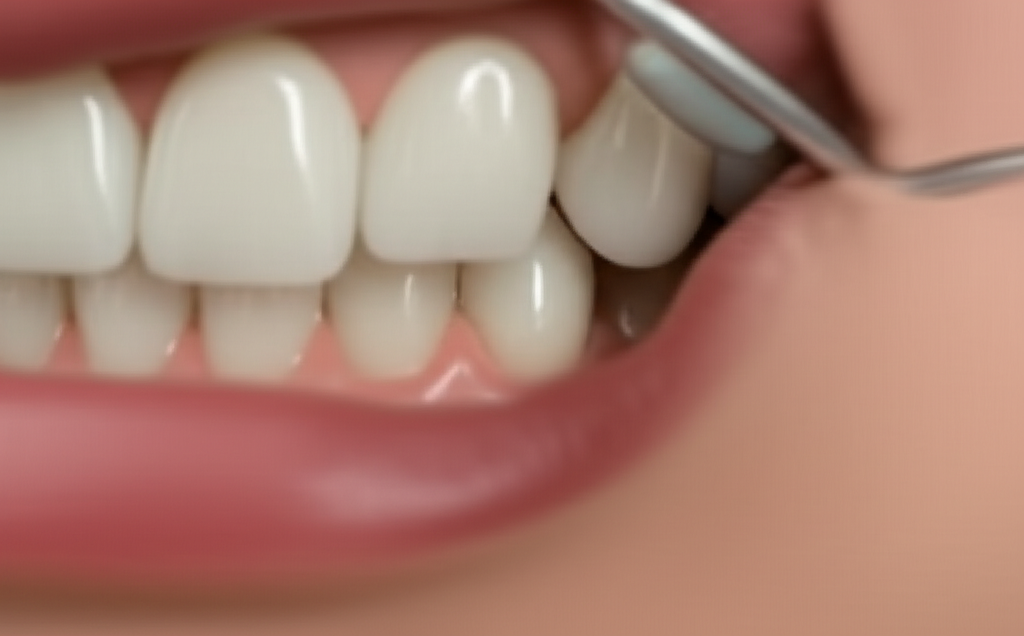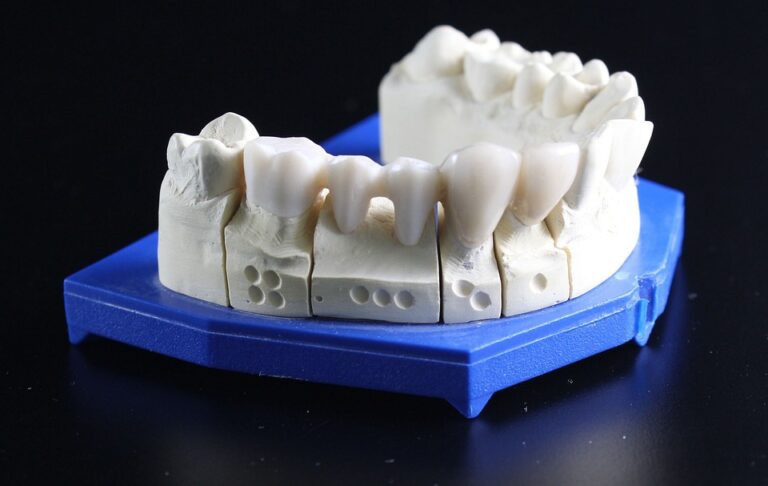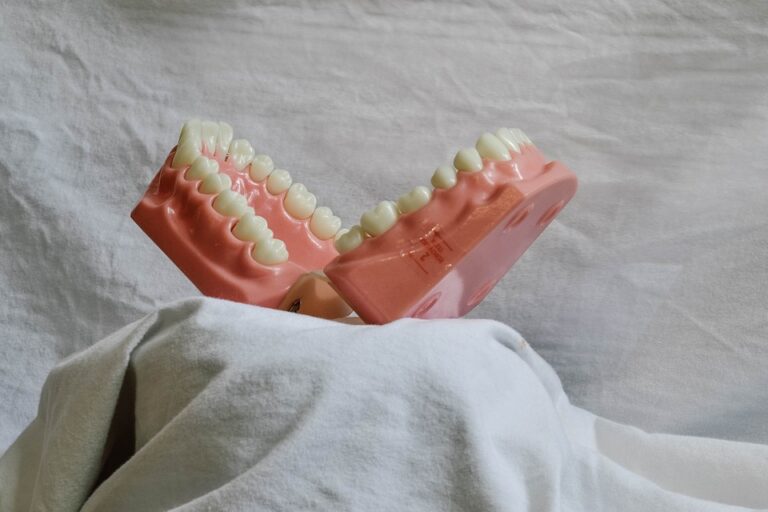
Does Michigan Medicaid Cover Dental Implants? A Simple Guide to Your Dental Benefits
Have you been looking for ways to fix a missing tooth—only to find out how much dental implants cost? Maybe you’re hoping that Michigan Medicaid will help pay for it. If so, you’re not the only one. Every year, lots of adults in Michigan have to choose between living with missing teeth or trying to figure out dental insurance and state help. It’s normal to feel stressed, lost, or even annoyed by the small print and the long waits for appointments.
Let’s get straight to your question: Does Michigan Medicaid cover dental implants? And if not, what real options do you have for a healthy and happy smile?
In This Article
- The Bottom Line: Does Michigan Medicaid Cover Implants?
- What Dental Treatment Does Michigan Medicaid Usually Pay For?
- Why Implants Are (Almost) Never Covered: Understanding the Rules
- If Implants Aren’t Covered, What Are My Options?
- Getting Dental Implants Without Medicaid: Cheaper and Other Ideas
- How to Check Your Medicaid Dental Benefits in Michigan
- Key Takeaways: What You Should Do Next
- FAQs About Michigan Medicaid Dental Coverage
The Bottom Line: Does Michigan Medicaid Cover Implants?
Let’s answer your most important question first—because you want facts, not a confusing mess.
Normally, Michigan Medicaid does NOT pay for dental implants for most adults. There are just a few rare situations where it might. For almost everyone, dental implants are seen as either “cosmetic” or a fancy fix—which means they’re not part of usual Medicaid benefits.
Why is that?
Medicaid sticks to basic and needed dental care—not treatments that make teeth look nicer or give the “best” fix when a cheaper one (like dentures) will work just fine.
But don’t go yet! There are choices for missing teeth, and there are ways to afford implants even if your insurance won’t help.
What Dental Treatment Does Michigan Medicaid Usually Pay For?
Before we look at exceptions, let’s see what you can usually get from Michigan’s Medicaid dental plans.
A. Main Benefits for Adults: Healthy Michigan Plan & Regular Medicaid
- Preventive care: check-ups, cleanings, simple X-rays
- Basic fixes: fillings for cavities
- Tooth removal: when you need a tooth taken out
- Dentures: both full and partial types are usually covered
- Root canals: mainly on front teeth or if you really need it
All these help keep your mouth healthy. For most Michigan Medicaid users, this is what you get. The big goal is to stop pain, keep away infection, and help you chew and talk.
For more on daily mouth care and tips, check out this teeth health resource.
B. Dental Benefits for Children
Kids and teenagers get a bit more. They can get check-ups, cleanings, fillings, sealants, and even braces for certain real health needs.
C. Fee-for-Service vs. Managed Care
Dental benefits in Michigan arrive either through a managed care company (like Molina, Meridian, or UnitedHealthcare) or as direct, fee-for-service plans from the state. Most of the time, the rules are similar, but there can be small changes. Always check your plan for details.
Why Implants Are Rarely Covered: Understanding the Rules
Here’s where things might get a bit confusing, but we’ll keep it simple.
A. Needed Health Care vs. Looks
Medicaid will pay for a treatment if it’s “medically needed”—in other words, if not having it would really hurt your health or if it’s needed to bite, eat, or stop pain.
Dental implants, though, are almost always called a “cosmetic” or “elective” treatment by Medicaid. Why? Because you can often fix the problem with cheaper ways, like dentures or bridges, even if they might not look or feel as good as an implant.
B. Budget and State Priorities
Medicaid is paid for by both the state and federal government. Every state picks its own list of adult dental benefits. Michigan, like many states, focuses Medicaid coverage for adults on:
- Keeping out infections
- Stopping pain
- Making sure you can chew and talk well enough
More involved or expensive treatments, like implants, usually aren’t paid for, as they cost too much for the program.
C. Rare and Special Cases
Can you ever get Medicaid to cover dental implants in Michigan?
Only in very rare situations, where an implant is the ONLY thing that will really help. Think about:
- Rebuilding your jaw after cancer surgery
- Major injuries (like car accidents that break your jaw and teeth)
- When regular dentures or bridges just won’t work for a real health reason
Even then, your dentist must ask the state for “prior approval.” This is hard to get. The dental office has to give lots of notes, proof, and a strong reason. Even with all that, it almost never gets approved.
Quick Fact: Less than 1% of Medicaid dental claims in Michigan mention implants, and almost none are allowed unless it’s for things like trauma or cancer.
If Implants Aren’t Covered, What Are My Options?
Here’s where things get better. Medicaid does give some other ways to help you get teeth back, smile, and eat better.
A. Dentures: Still The Go-To for Medicaid Dental
Full and partial dentures are the most common way to replace missing teeth and Medicaid in Michigan pays for them.
The Good Parts:
- Help you eat, speak, and smile more comfortably
- Stop other teeth from moving around
- Usually replaced every 5–8 years if needed
The Not-so-Good Parts:
- Might feel weird or loose at first
- Can make chewing some foods tougher
- Need cleaning and care
If you’re curious about how dentures are made, many dental clinics work with a professional removable denture lab to make sure they fit just right.
B. Dental Bridges
Bridges might be covered sometimes when a tooth is missing and a bridge is needed to help you chew. But, approval changes case by case. Not everyone gets it, and your dentist has to show why you need it.
C. Extractions and Space Holders
Medicaid always covers tooth pulling if teeth cause pain, infection, or trouble. For kids, “space holders” might be paid for to stop teeth from moving around while new ones come in—but this almost never happens for grown-ups.
D. Root Canals and Crowns
Root canals sometimes get covered—usually just for the front teeth in adults, unless you really need it. Crowns might be paid for if they’re needed after a root canal.
Getting Dental Implants Without Medicaid: Cheaper and Other Ideas
So, Medicaid won’t pay for implants—unless it’s a really rare health need. What now?
There are other ways. Here’s a look:
A. Dental Schools in Michigan
Dental schools like the University of Michigan School of Dentistry and University of Detroit Mercy offer implant care for much less money. You’ll be helped by dental students or residents, and teachers watch everything.
Good Stuff:
- Lower costs (sometimes half-price or less)
- Supervised care and current tools
Downsides:
- Treatment takes longer
- You might wait for a spot
B. Community Dental Clinics & Health Centers
Community clinics and health centers all over Michigan offer care that is cheaper, based on how much you make. Not all clinics offer implants, but they do extractions, dentures, or can help you look for ways to pay.
C. Payment Plans
Many dental offices will let you make payments using companies like CareCredit, breaking down costs over time. To use these, you’ll often need to pass a credit check.
D. Discount Dental Plans
A discount dental plan is not insurance. You pay a yearly fee, and dentists in the program give you services for less—sometimes including implants. Make sure your dentist is on the list before signing up.
E. Dental Grants and Charity Programs
Some charities help a small number of people in need of implants who can’t pay. These programs are tough to get and may have strict rules. Examples are:
- Dental Lifeline Network
- Free dental days (like Missions of Mercy)
- Local health funds (not always available)
For more about new dental technology making care easier, you might like reading about 3D dental lab improvements.
How to Check Your Medicaid Dental Benefits in Michigan
It’s worth your time to check exactly what you can get. Rules and details can change.
Step 1: Reach Out to the Michigan Department of Health and Human Services (MDHHS)
- Website: Michigan DHHS – Medicaid Dental
- Phone: Call the customer service number on your Medicaid card or on the website. They’ll explain your coverage and link you to the right person.
Step 2: Review Your Plan Papers
If you have a managed care Medicaid plan (like Molina, Meridian, or UnitedHealthcare), check their website or call member services. They’ll tell you what is and isn’t covered, and may send a guide.
Step 3: Ask Your Medicaid Dentist
A dentist that takes Michigan Medicaid can look at your case and say what your plan pays for. They can also help you apply if you really need something done.
Step 4: Stay Updated
Rules can change, so look for updates each year on what dental care Medicaid covers for adults.
Key Takeaways: What You Should Do Next
- Dental implants aren’t covered by Michigan Medicaid for most adults. There are rare times it can happen, but only for big health needs or after accidents.
- Covered treatments include dentures, tooth pulling, some bridges, and basic dental care.
- If you want implants, check out dental schools, community clinics, payment plans, or discount dental plans to save money.
- Always check with MDHHS, your insurance, and your dentist to get the latest info.
- Prevention is the best step—good brushing, regular dentist visits, and less sugar can save you from losing teeth.
Building healthy habits—like brushing your teeth, seeing your dentist regularly, and avoiding too many sweets—will help you keep a bright, happy smile. For more tips, check out this dental care resource.
FAQs About Michigan Medicaid Dental Coverage
Q1: Does Michigan Medicaid cover wisdom tooth removal?
Yes, Medicaid normally will pay for removing wisdom teeth if they are causing pain, infection, or other problems. Ask your dentist if they take Medicaid and can do this work.
Q2: Can I get partial dentures with the Healthy Michigan Plan?
Yes, partial dentures for some missing teeth are part of the adult Medicaid plan in Michigan. They must be needed for chewing or talking—not just for looks.
Q3: Who can get Medicaid dental in Michigan?
It’s based on your income, family size, age, and health. Both adults and kids can get coverage if they qualify. For more details, visit the MDHHS Medicaid Eligibility page.
Q4: How often can I get my teeth cleaned with Michigan Medicaid?
Adults usually get one or two cleanings per year. Kids may get more if they need it.
Q5: Are there any recent changes to Michigan Medicaid dental benefits for adults?
Benefits can change each year depending on the state’s budget and laws. Always check MDHHS or your insurance for what’s new.
Your Healthy Smile, Your Next Step
Finding out that Medicaid doesn’t pay for dental implants is a bummer. But you don’t have to live with pain or feel bad about your smile. You do have choices, and just taking the first step can make a big difference.
Here’s your simple action list:
- Check your Medicaid benefits with MDHHS and your dentist.
- Book a checkup with a dentist who takes Medicaid.
- Ask about dentures or bridges as the main options.
- Look at dental schools and clinics if you’re set on implants.
- Take good care of your teeth—preventing problems is always cheaper and easier.
Your questions about dental care matter. Don’t be afraid to talk to your dentist or social worker—you deserve clear answers and real help. And if you want to learn more about teeth and mouth care, check out these teeth information resources.
Smile proudly. Take your first step—your future self will thank you.








